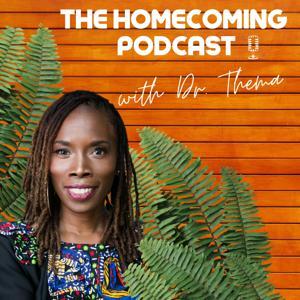Send a text
As a high-performing, excellence-driven, successful black woman, being in control of everything in her life was crucial to her survival and success for Nozipho Tshabalala. For much of her life, it had always served her well until it no longer did.
The book begins with her receiving the news of her mother’s passing while she stood on the biggest stage of her career. This formative event sends her into a spiral which asks her to reevaluate her ideas of success and the price of these achievements.
We sat down in conversation with Nozipho Tshabalala about her story of burning, of breaking, of becoming. Having described the writing this memoir as an act of deep vulnerability — a labour of love, we were interested in the process of unbecoming and breaking open the things held tightly to for so long.
We explored the journey of soul-searching and discovering new and old but also one of truth- for ourselves and our loved ones. Much of the book centres around confrontation, of self, of narrative and of hidden pain with a journey towards healing made possible by this.
Nozipho like so many of us, stands at the crossroads between certainty and trust, between holding on and finally releasing what no longer serves you, and invites us with truth and vulnerability to come along.
Beyond the things she has let go of, After the Fires is an exploration of the things we find within ourselves, our loved ones and our journeys to becoming. It honours the complexity of womanhood while celebrating the possibility of becoming exactly who you were meant to be, even when that person looks nothing like what you imagined.
In a beautiful, tender conversation, we sojourn with Nozipho to the other side, after the fires finding freedom, clarity, and a reclamation of voice and self. Nozipho demonstrates how surrender becomes not an act of defeat but a pathway to freedom.
Support the show
follow us on social media @cheekynatives




































